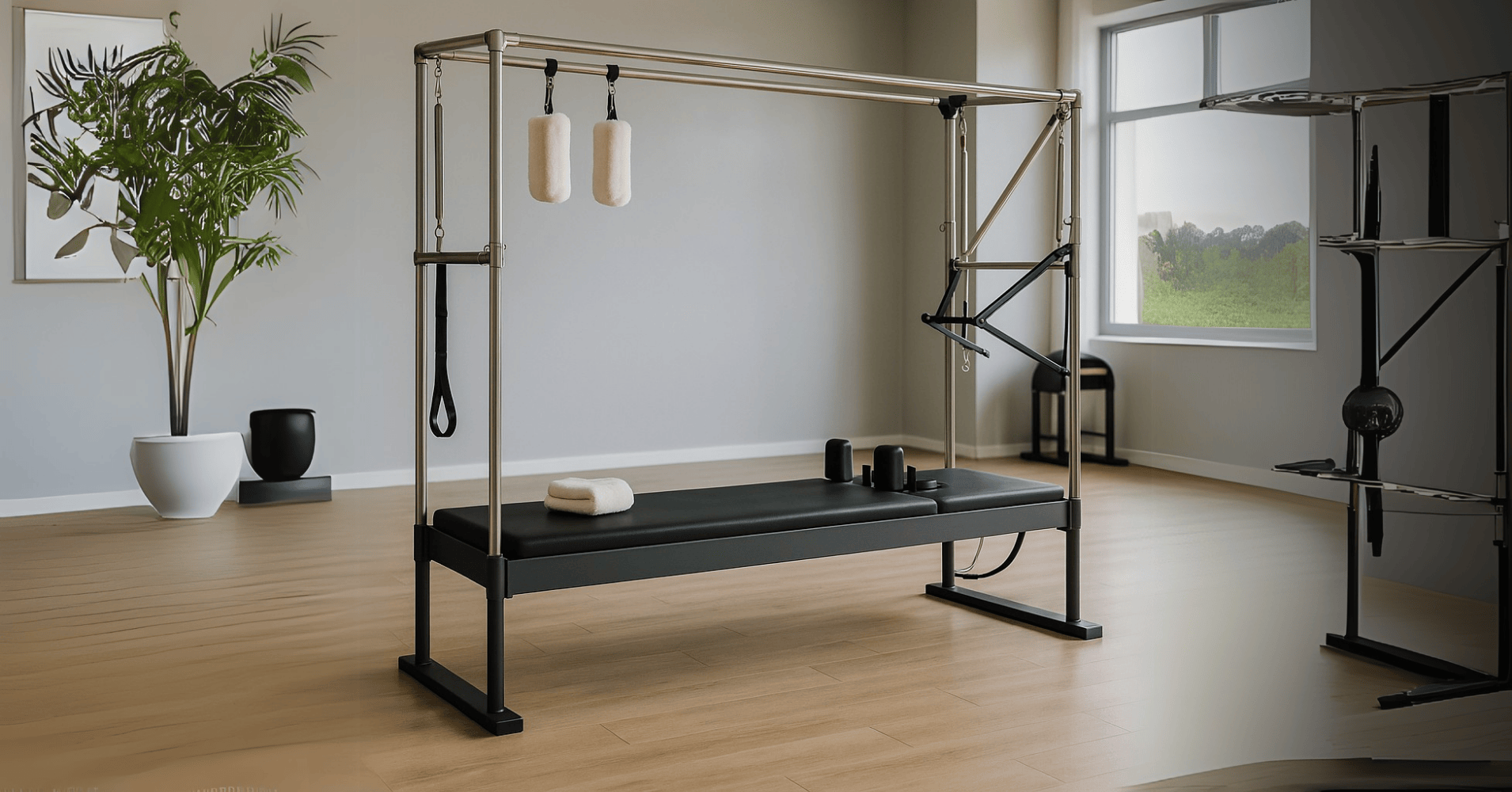
Tower Pilates Starter Guide
What Is a Pilates Tower?
A Pilates Tower—also called a wall unit or half-Cadillac—consists of a vertical frame fitted with springs, bars and straps fixed to a stable surface The List. Unlike the reformer’s horizontal carriage, the Tower allows you to perform exercises in standing or seated positions against fixed resistance The secrets of Pilates. Traditional Towers feature a push-through bar, roll-down bar, leg springs, arm springs and a vertical ladder for varied attachment points a4 Fitness.
Key Components
Springs attach at multiple heights, providing progressive resistance for arms, legs and spine exercises a4 Fitness.
The push-through bar offers vertical pressing and pulling movements.
Straps and handles enable seated or standing rows and triceps work.
A stable frame ensures alignment and prevents unwanted sway during exercises The List.
The Tower complements but does not replace the reformer. Many studios mount Towers above reformers or install standalone units to save space Size Diverse Pilates.
Benefits of Tower Pilates
Enhanced Core Engagement
Vertical resistance demands active core stabilization to control movement, boosting deep-abdominal and back-extensor strength Marie Claire UK.
Standing Tower exercises recruit transverse abdominis and pelvic floor more than mat-only routines EatingWell.
Improved Posture and Alignment
Using the push-through bar and roll-down springs encourages upright spinal positioning and shoulder retraction, counteracting desk-bound posture The secrets of Pilates.
Regular Tower work enhances thoracic mobility, aiding breathing and reducing neck tension Verywell Health.
Full-Body Strength
Arm and leg springs allow resistance training beyond body weight, targeting biceps, triceps, glutes and quads in standing, seated and prone postures a4 Fitness.
Balanced muscle engagement helps correct imbalances commonly seen in athletes and older adults SELF.
Versatility and Progression
Adjustable spring combinations let you scale intensity from gentle rehab-style loads to challenging resistance for advanced practitioners The secrets of Pilates.
Swapping attachment points and stance variations keeps workouts fresh and prevents plateaus a4 Fitness.
Space Efficiency
A compact footprint makes the Tower ideal for home studios or clinical settings where floor space is limited Size Diverse Pilates.
Wall-mount options free floor area when the apparatus isn’t in use a4 Fitness.
Setting Up Your Pilates Tower
Location and Mounting
Choose a load-bearing wall or install a manufacturer-approved stand that can handle dynamic loads a4 Fitness.
Confirm studs with a stud finder and anchor mounting brackets at designated heights for push-through and roll-down bars a4 Fitness.
Leave at least two metres of clear space in front and to the sides for safe movement range Pilatesology.
Spring Selection
Beginners start with light or medium springs for arms and legs, combining attachments to find a comfortable yet challenging load a4 Fitness.
Test spring tension by pushing the bar slowly—ensure you can control both concentric and eccentric phases of each movement Pilates All Ages.
Equipment Check
Inspect springs, hooks and handle straps for wear or corrosion before each session Pilatesology.
Apply a small amount of silicone lubricant to spring coils quarterly to maintain smooth action Pilatesology.
Ensure all attachments click securely into place and the frame is level YouTube.
Essential Beginner Exercises
1. Standing Arm Press
Face the Tower, grip the push-through bar at waist height and press away until arms extend fully.
Control the return to start, focusing on straight wrists and engaged shoulders a4 Fitness.
Repeat 8–12 reps for two sets.
2. Roll-Down Stretch
Hook medium springs to the roll-down bar. Stand with feet hip-width, grip bar overhead and slowly articulate the spine down, vertebra by vertebra a4 Fitness.
Pause at the bottom, then roll up with core activation.
Perform five slow repetitions.
3. Leg Springs Side Lifts
Attach light leg springs at ankle straps. Lie on your side on a mat under the frame.
Lift the top leg laterally, keeping hips stacked and core stabilized The secrets of Pilates.
Do 10 lifts per side for two sets.
4. Triceps Push-Down
Face away from the Tower, grips under the push-through bar. Keep elbows close to ears and extend arms behind you a4 Fitness.
Lower with control, feeling triceps engage.
Aim for 8–10 reps.
5. Mermaid Side Bend
Sit sideways to the frame on the mat, one hand on the roll-down bar overhead.
Reach the free arm down the mat, bending laterally while keeping hips stationary The secrets of Pilates.
Return upright. Repeat five bends each side.
Safety Tips
Warm-Up Thoroughly
Begin with gentle mat stretches—shoulder rolls, pelvic tilts and cat-cow—to prepare joints Pilates All Ages.
Activate scapular stabilizers with light band work before loading springs Pilatesology.
Mindful Breathing
Coordinate inhalation with lengthening movements and exhalation with contraction or effort phases Verywell Health.
Avoid breath-holding during resistance work.
Controlled Tempo
Move slowly through each rep, spending at least three seconds on both pushing and returning phases a4 Fitness.
Use a mirror or video feedback to check alignment.
Regular Equipment Inspection
Replace springs every 12–18 months or sooner if you notice deformation Pilates All Ages.
Keep hardware clean and free of dust buildup.
Complementary Reformer Practice with FitBoutique Machines
You can pair Tower sessions with FitBoutique’s in-house designed reformers for a balanced Pilates routine. The FitBoutique Pilates Machine offers additional low-impact carriage work that builds fluidity and coordination after Tower strength drills.
Following your Tower workout with footwork on the Reformer enhances lower-body endurance and complements vertical stability training.
To save space, the Onyx Fold Reformer provides six springs and a maple core in a sleek black finish, perfect for home studios.
For a seamless commercial setup, FitBoutique’s Onyx Reformer delivers the same specs in triple-black styling, integrating easily into any Pilates space.
Frequently Asked Questions
Can I use the Tower if I’m a total beginner?
Yes. Start with low-tension springs and simple movements like roll-downs before advancing to dynamic presses a4 Fitness.
Do I need a reformer to install a Tower?
No. Many standalone Towers mount directly to walls. For a combined unit, FitBoutique reformers can accept Tower attachments YouTube.
How often should I practice Tower Pilates?
Aim for two to three sessions per week, allowing rest days between to promote recovery EatingWell.
What common mistakes should I avoid?
- Using too-heavy springs before mastering control.
- Rushing through roll-downs without articulating the spine.
- Neglecting equipment checks before each session Pilates All Ages.
Getting Started with Your First Session
Set aside 45–60 minutes for your initial Tower workout.
Begin with the warm-up moves on the mat, then spend time setting spring tension and testing bar heights a4 Fitness.
Work through the five foundational exercises, focusing on quality over quantity.
Finish with a light reformer footwork or core routine on your FitBoutique Pilates Machine to round out the practice.
Ready to start your Tower Pilates journey? Adjust your springs, step up to the frame and feel the difference in your strength and posture today.
Reformer Pilates Range
Frequently Asked Questions
How much space do I need for a reformer bed?
Space Requirements for Your Reformer
A FitBoutique reformer requires approximately 245cm x 68cm (2.45m x 0.65m) of floor space. Here's what this means for your space planning:
For Home Users
Length: 245cm (8.04 feet)
Width: 68cm (2.13 feet)
Recommended clearance: Add at least 30cm on each side and end for comfortable access
Total recommended space: 305cm x 125cm (3.05m x 1.25m)
For the Onyx Fold model specifically:
Same footprint when in use (245cm x 65cm)
When folded: Takes up significantly less floor space in vertical storage
Ceiling height consideration: Ensure adequate height for vertical storage
What's the difference between commercial and home reformers?
While both offer similar exercise capabilities, commercial reformers typically feature heavier-duty construction, enhanced weight capacity, and more extensive warranty coverage. However, premium home models like the Onyx series bridge this gap with commercial-grade components.
How often should I maintain my reformer?
Regular maintenance includes weekly cleaning, monthly hardware checks, and quarterly deep cleaning of tracks and wheels. Premium reformers come with detailed maintenance guides to ensure optimal performance and longevity.
As Seen On








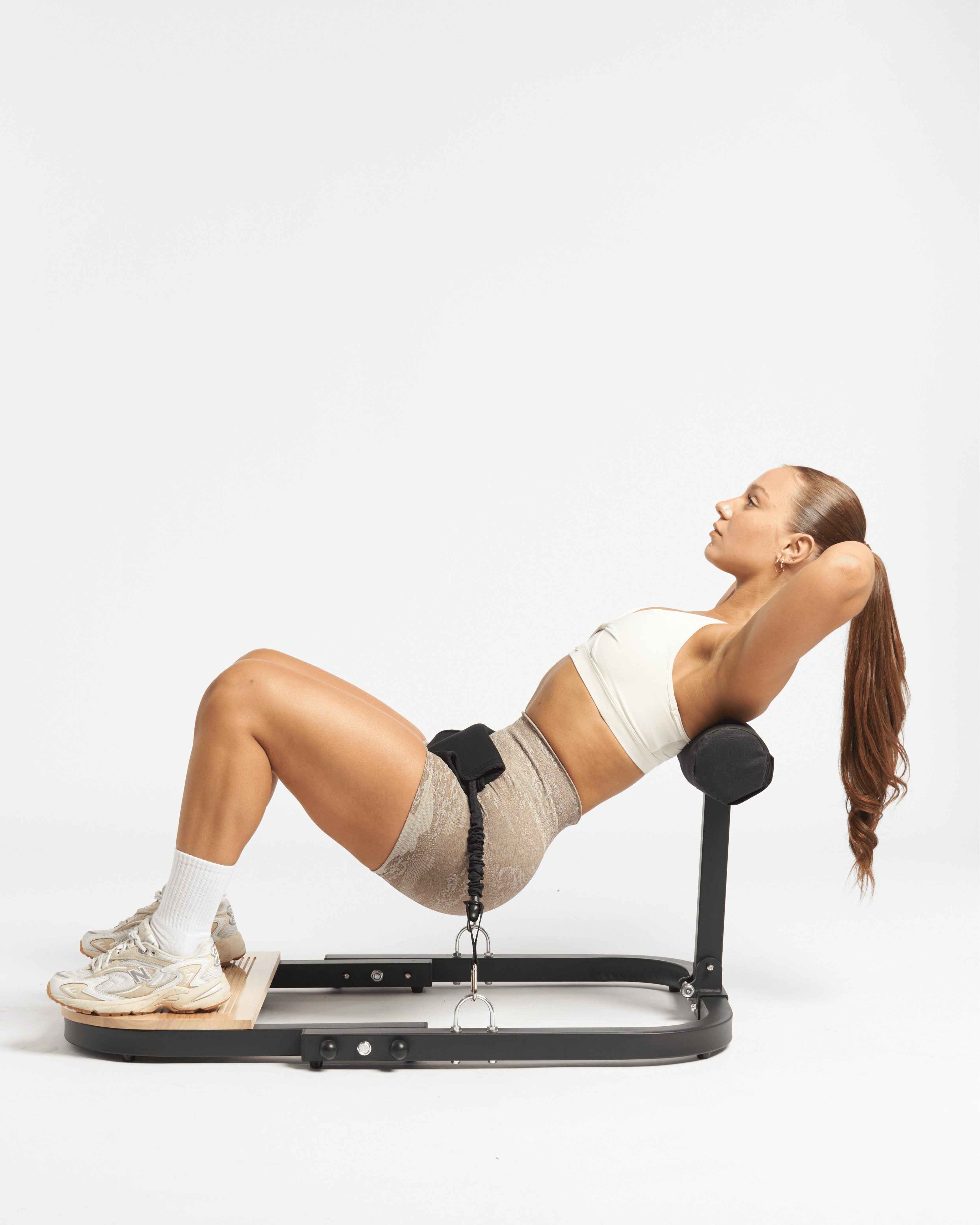
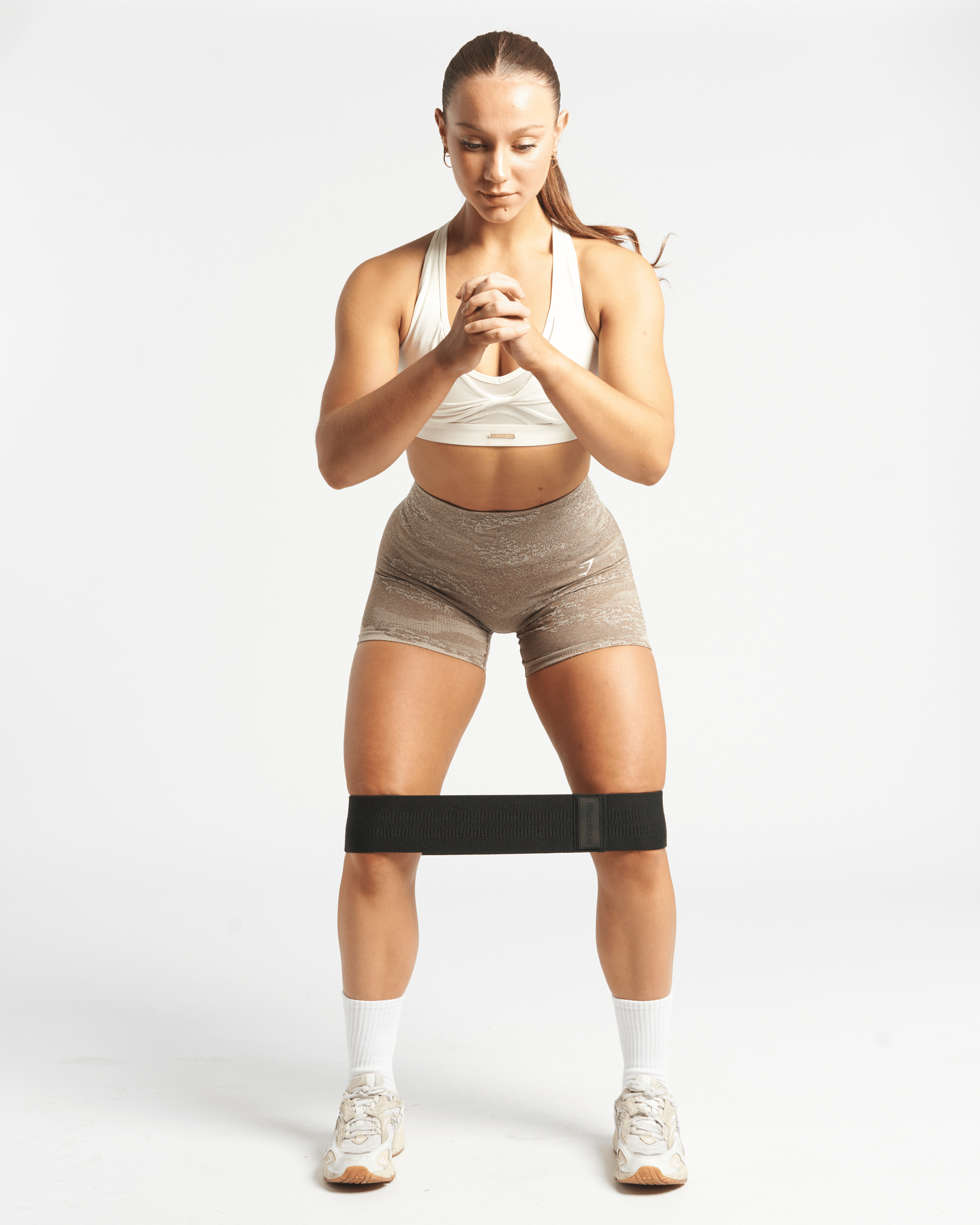
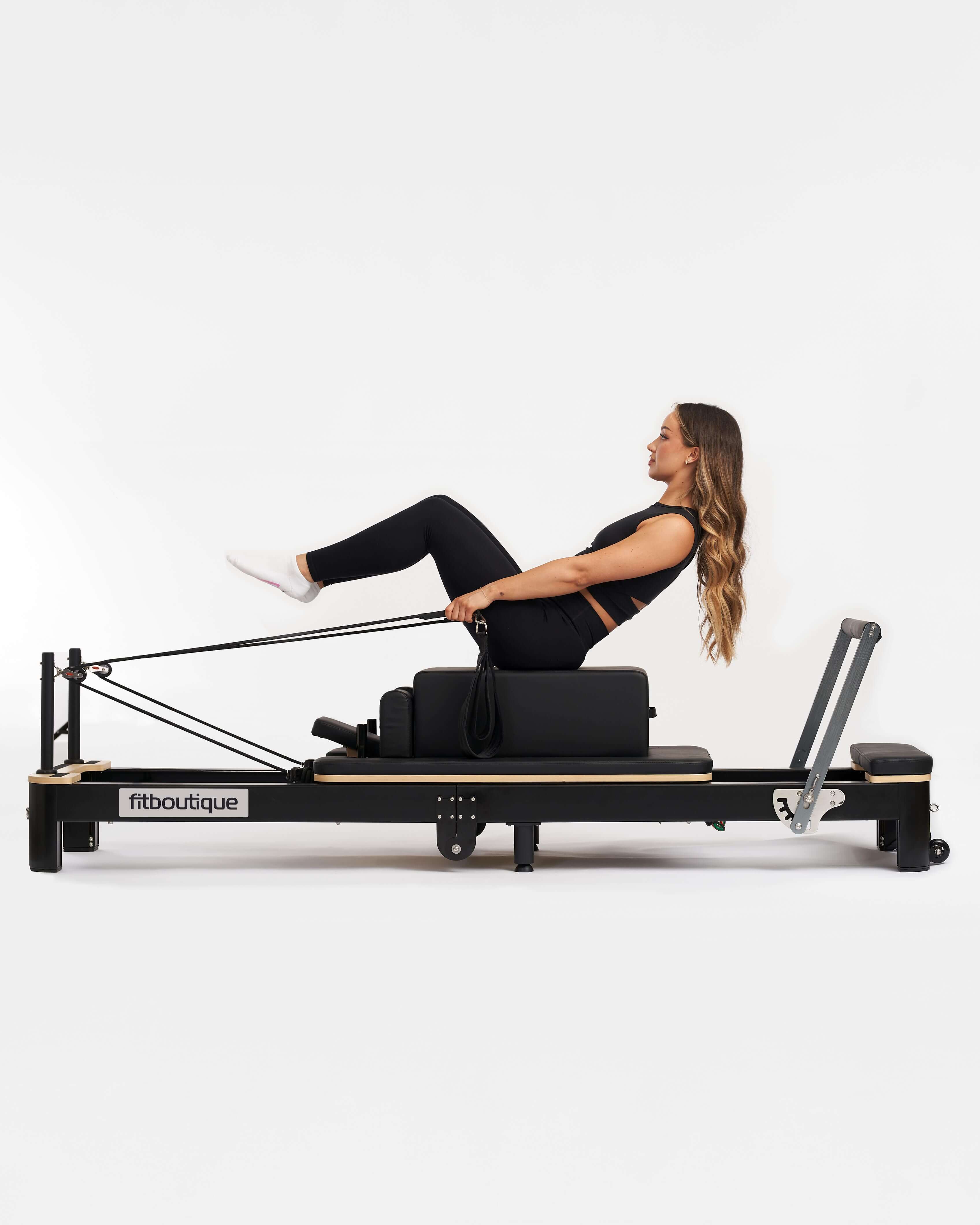
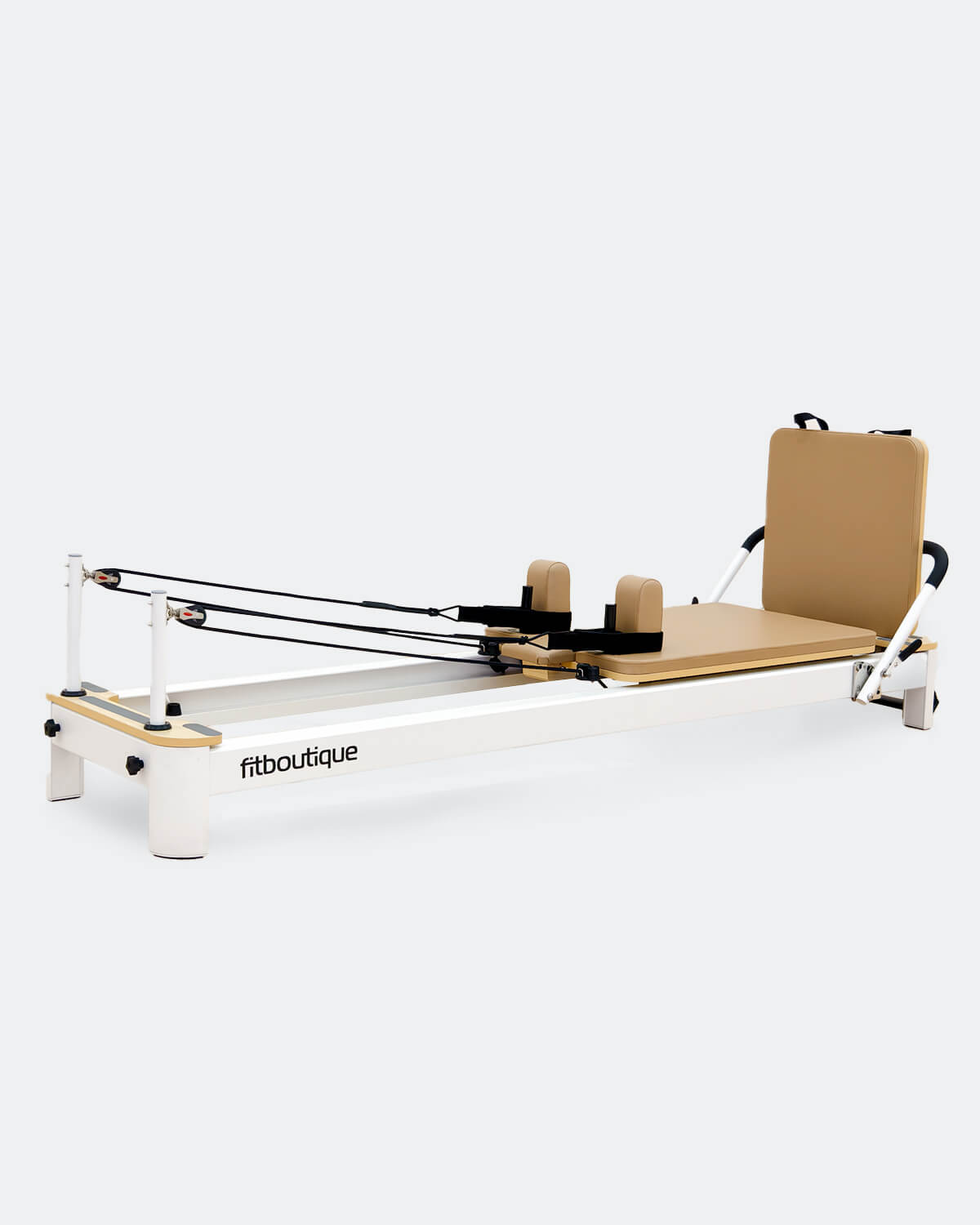


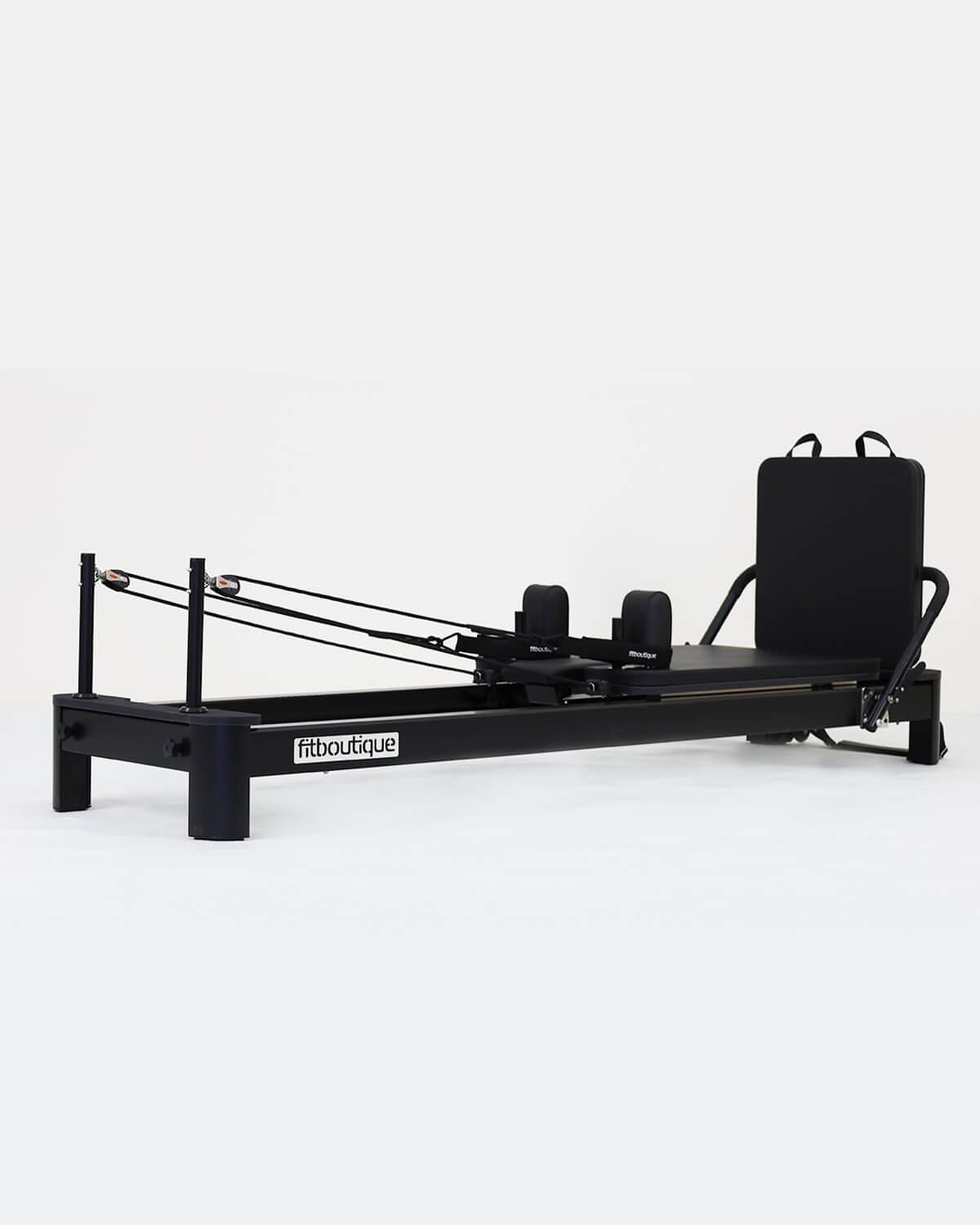
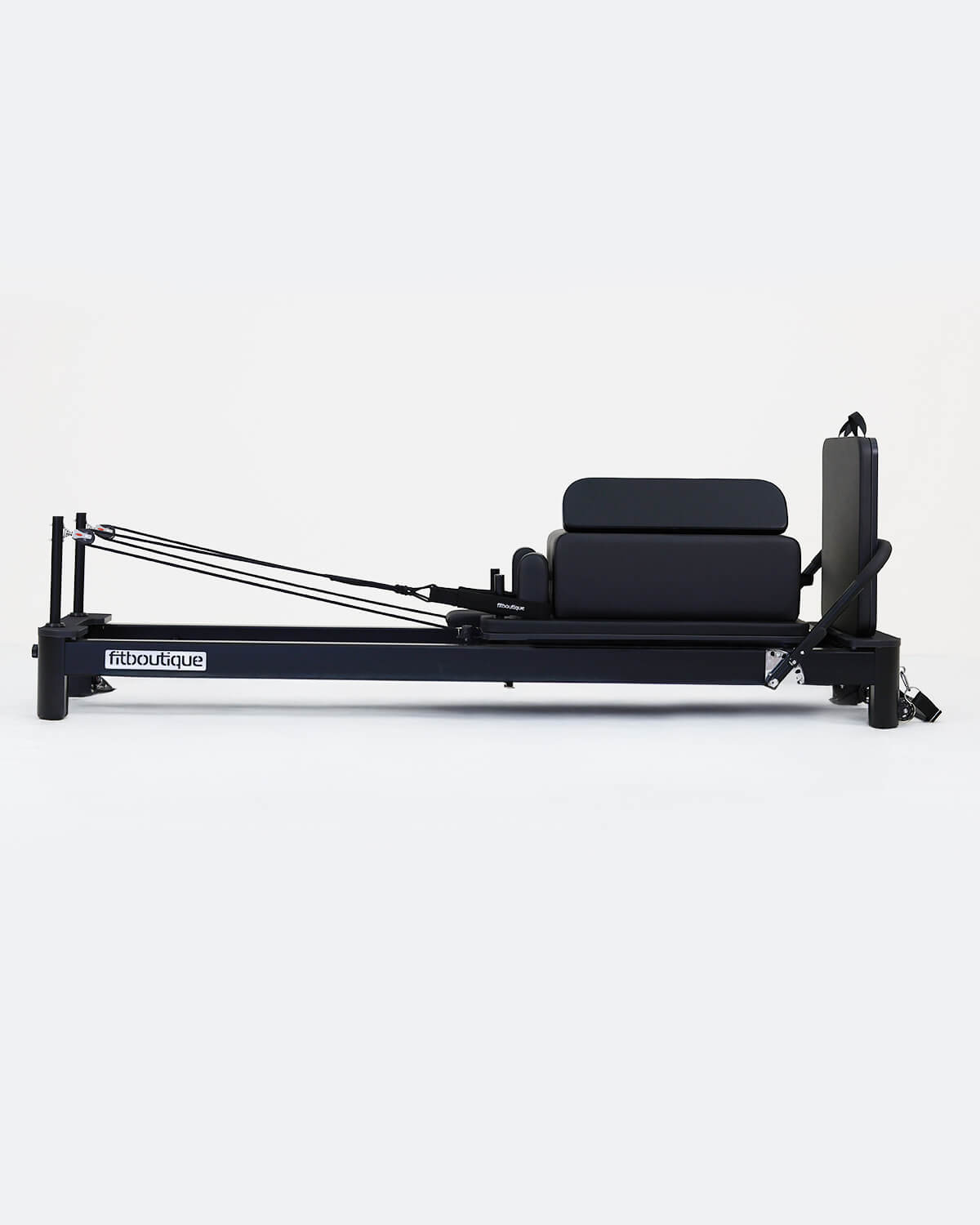
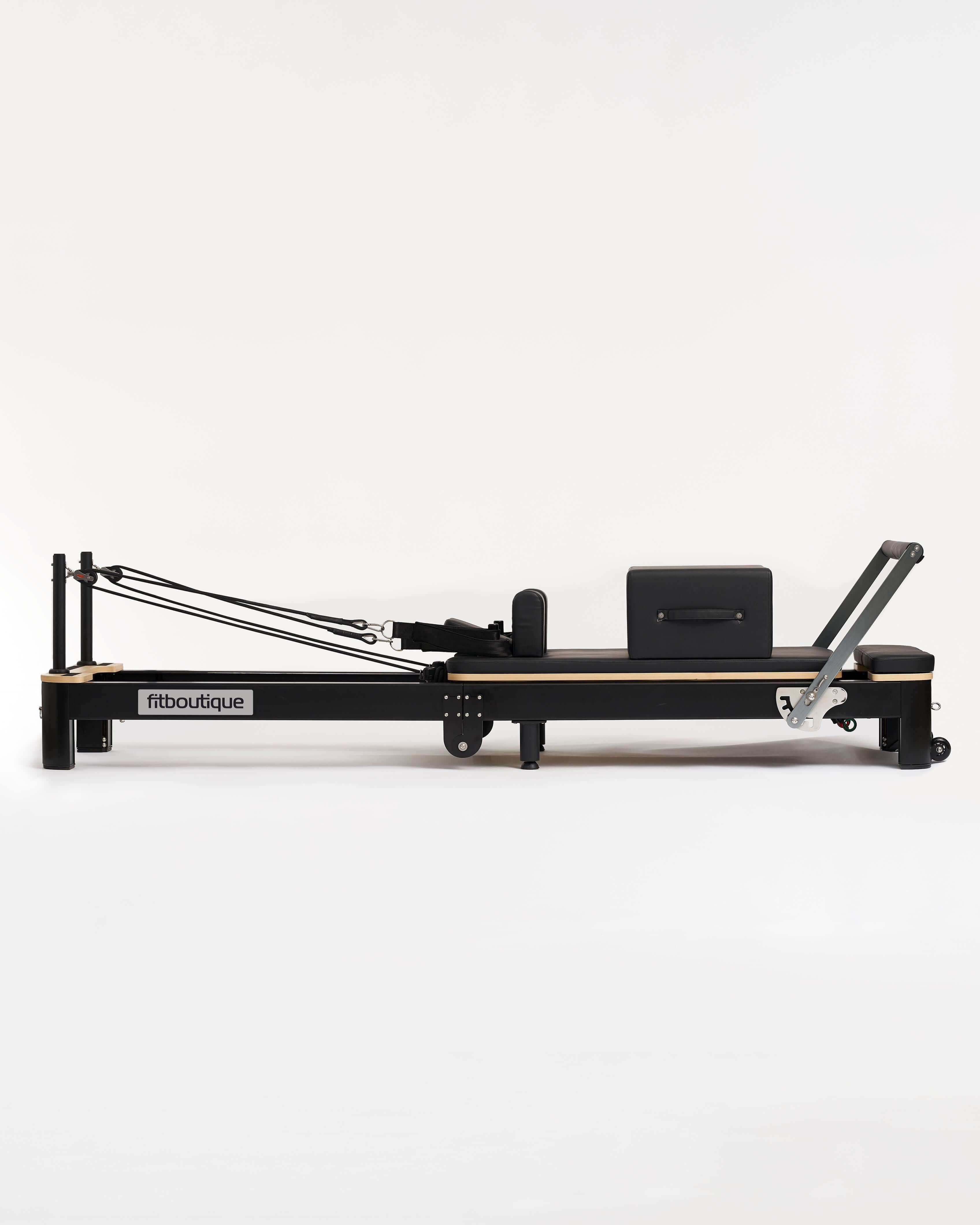
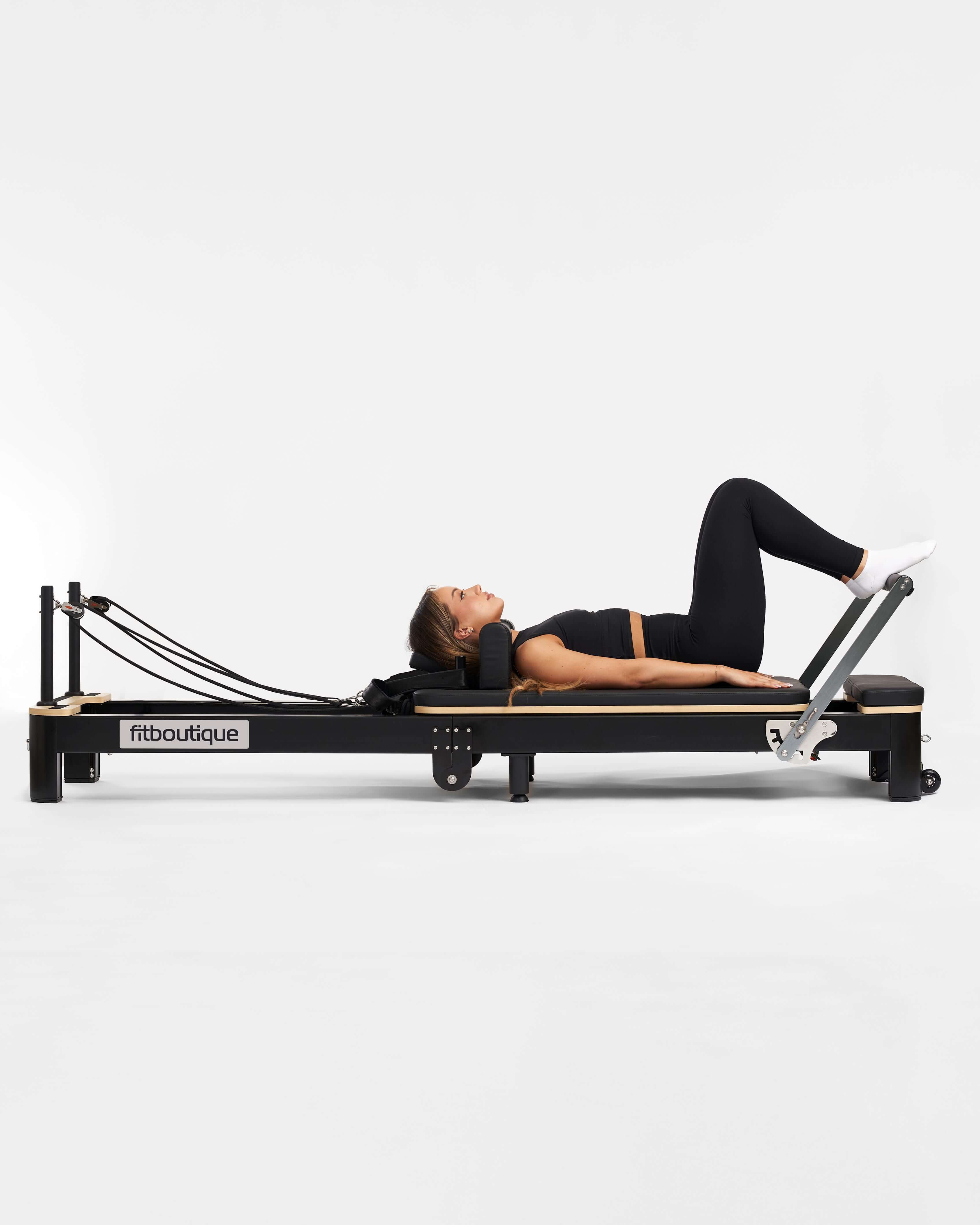

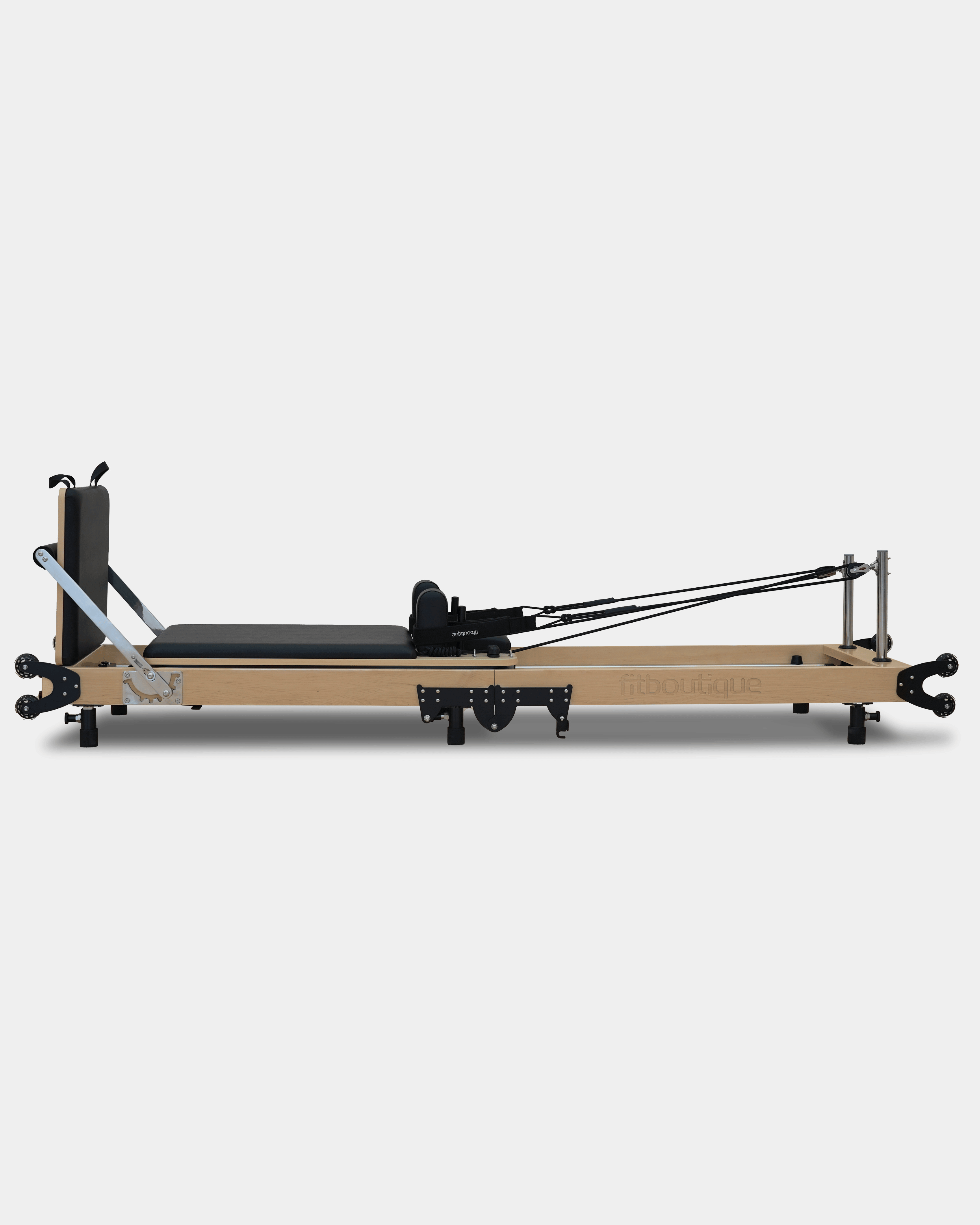

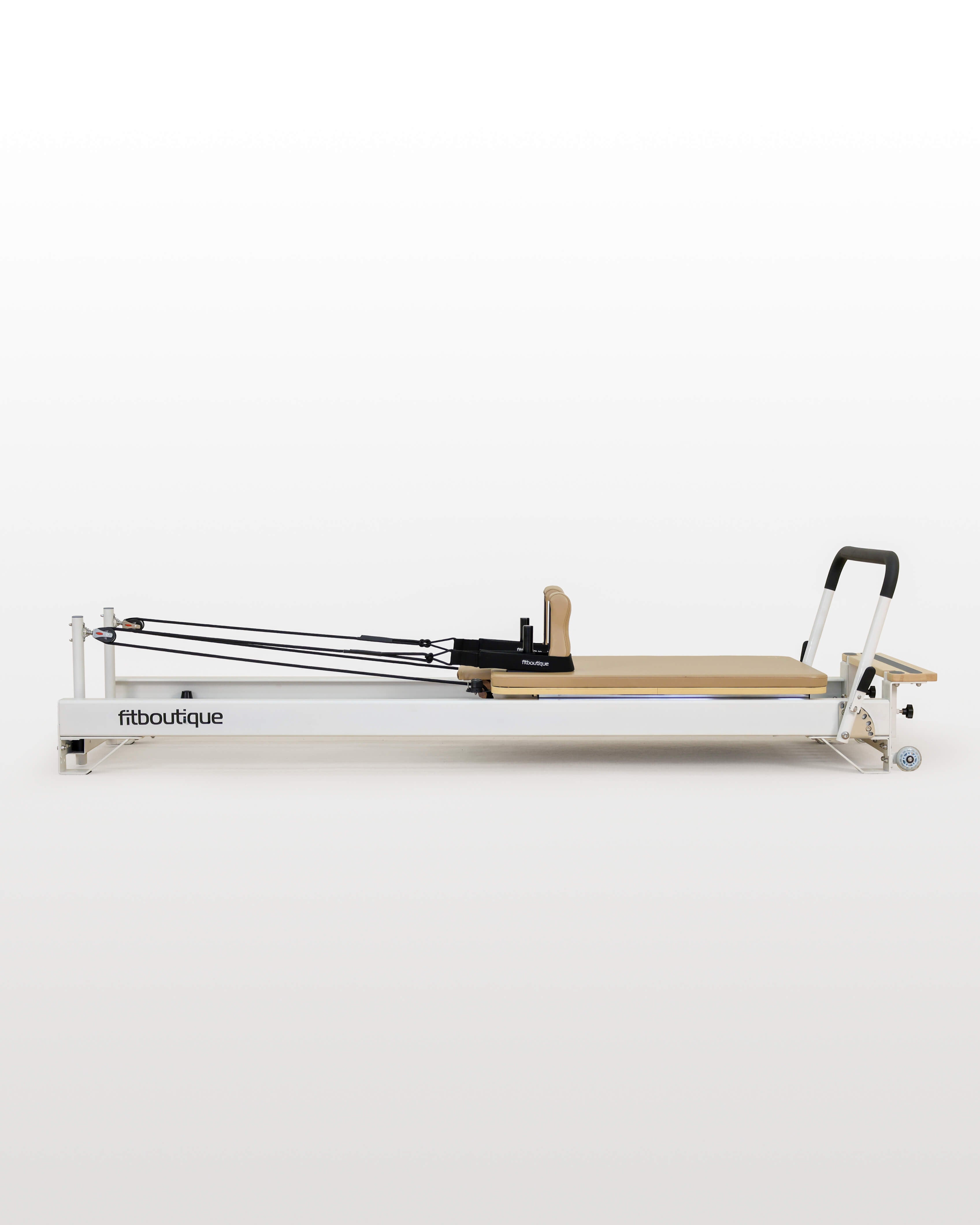
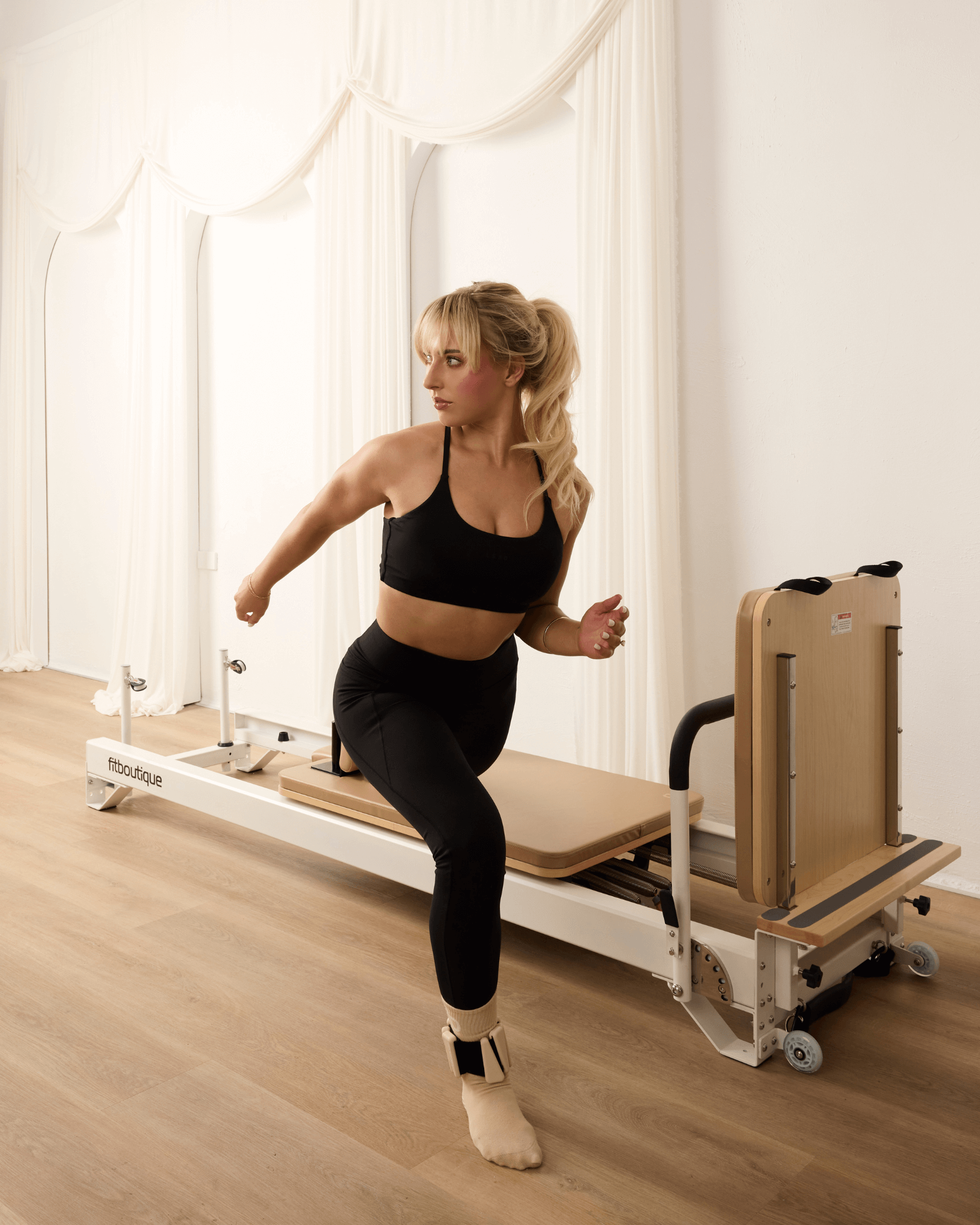
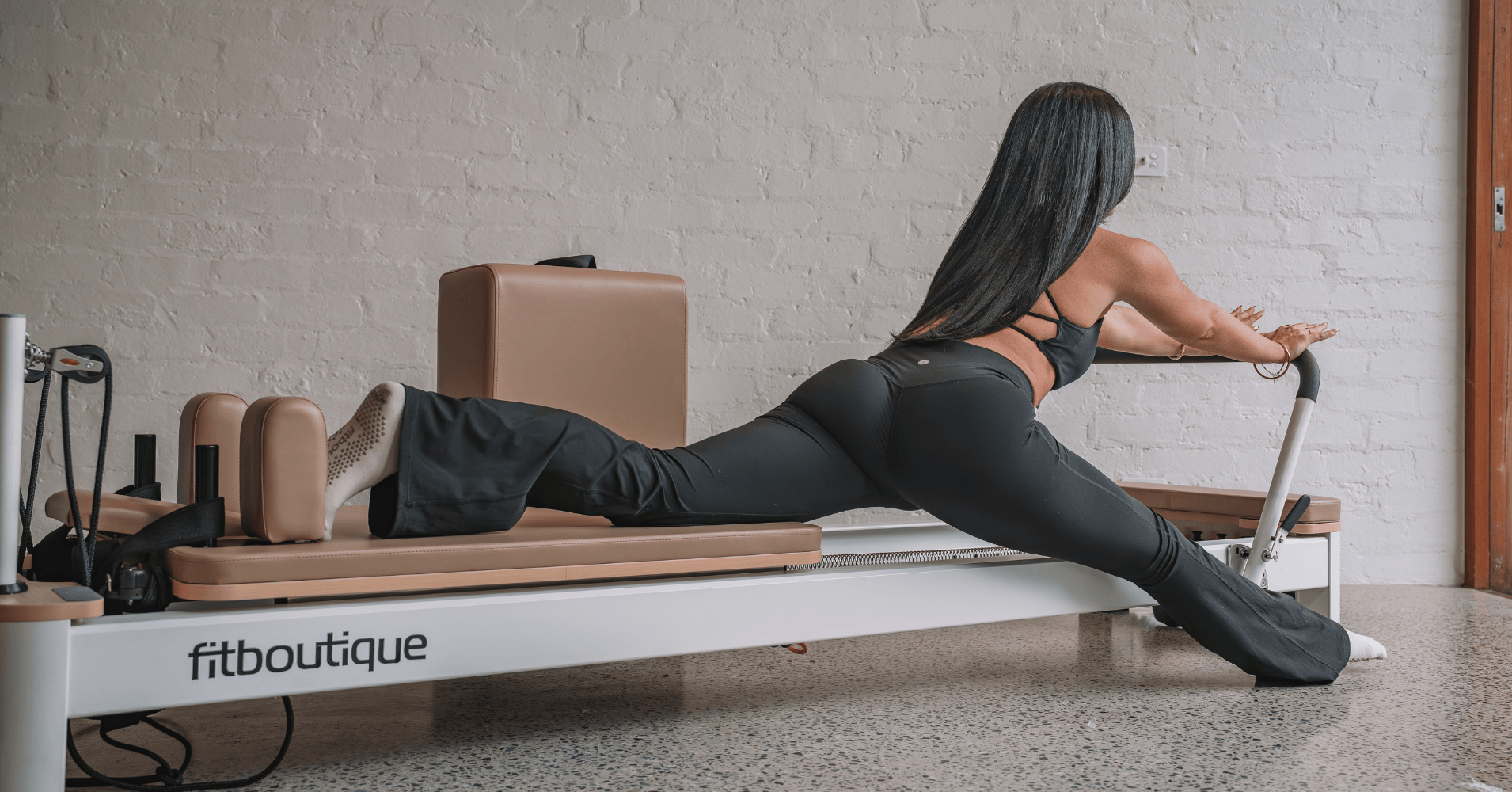
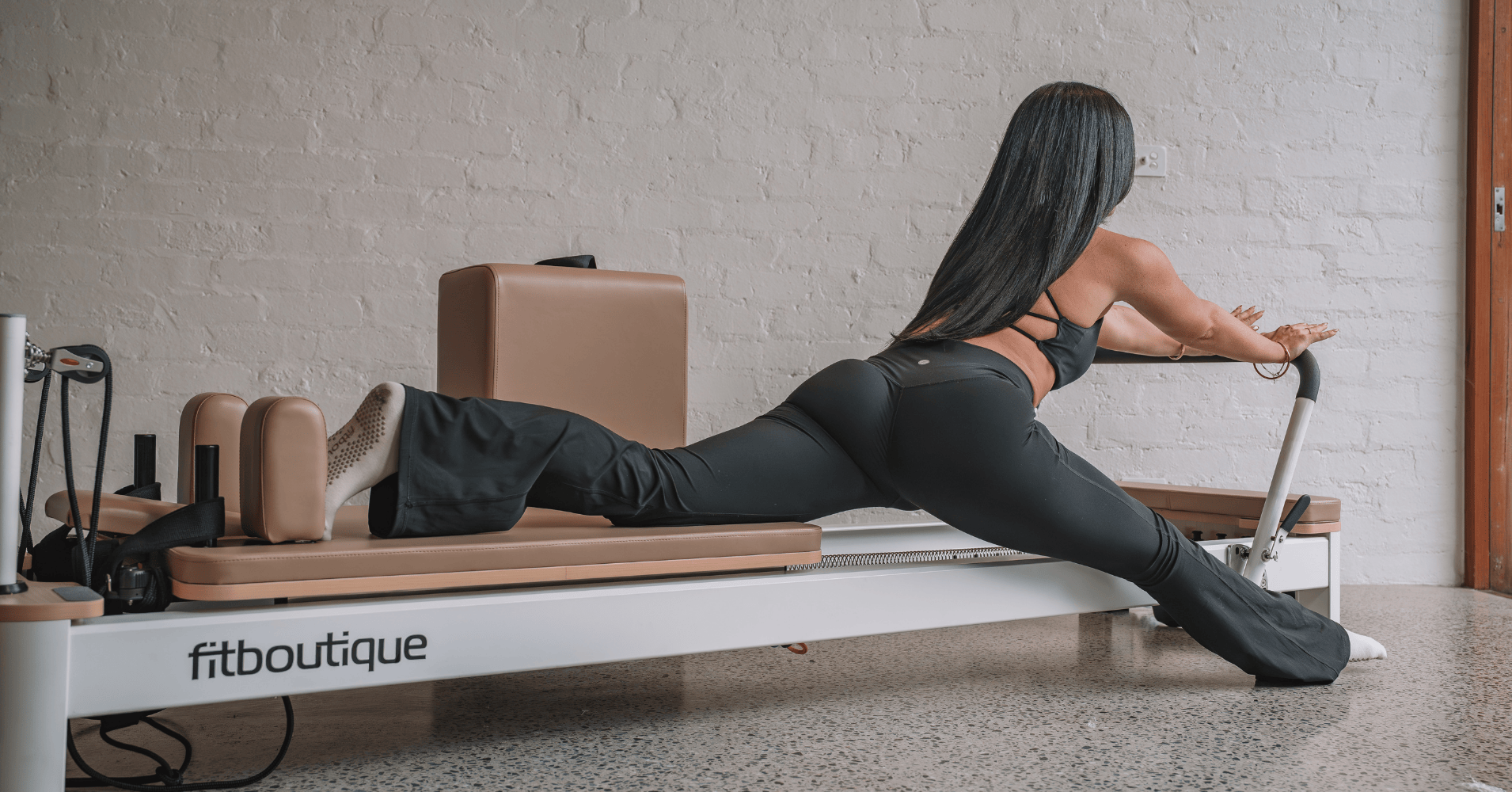
Leave a comment